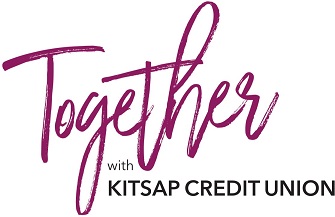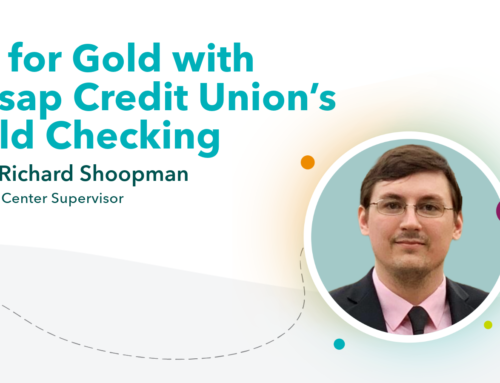A healthy savings account is your best defense against life’s curve balls. But sometimes setting aside some money every paycheck isn’t enough. Especially when you’re just starting out in life.
A good credit score can be an additional safety net. They can provide you access to low-interest credit options that can help cover any expenses your emergency savings can’t. Here are your options:
Credit Cards
Can be useful for relatively small emergencies. Of course, this requires that you haven’t maxed out your credit card on espresso and concert tickets. Keeping a decent chunk of your spending limit available will not only offer you a good lifeline, but can also boost your credit score. Plus, a good credit score can earn you the best rates.
Signature Loans
Also called personal loans, they can be used for making purchases like car repairs or for doing projects like updating your kitchen. Signature loans are good for moderate-sized projects.
Home Equity Loan
If you own your own home and have available equity (meaning you owe less than your home is worth) you can take out a home equity loan. This is a one-time lump sum loan, usually of a sizable amount. This can be good for big projects, like remodels, additions, building a shop, or paying off your other higher-rate debt.
Home Equity Line of Credit
These are much like a home-equity loan, except instead of taking out one big lump sum, you can use the line of credit like a credit card. You can make purchases, pay the balance down, and make new purchases. This is great for regular projects or sizable emergencies.
Your lender might be able to offer you other options, but these are the main tools you can use to build a safety net. Even better—by using your available credit options, making payments on time, and paying things off, you are continuing to build your credit score.
Do you know that you have access to a robust financial wellness program right at your fingertips? Our free Financial Wellness Center provides interactive learning modules and calculators to help you master your finances.






